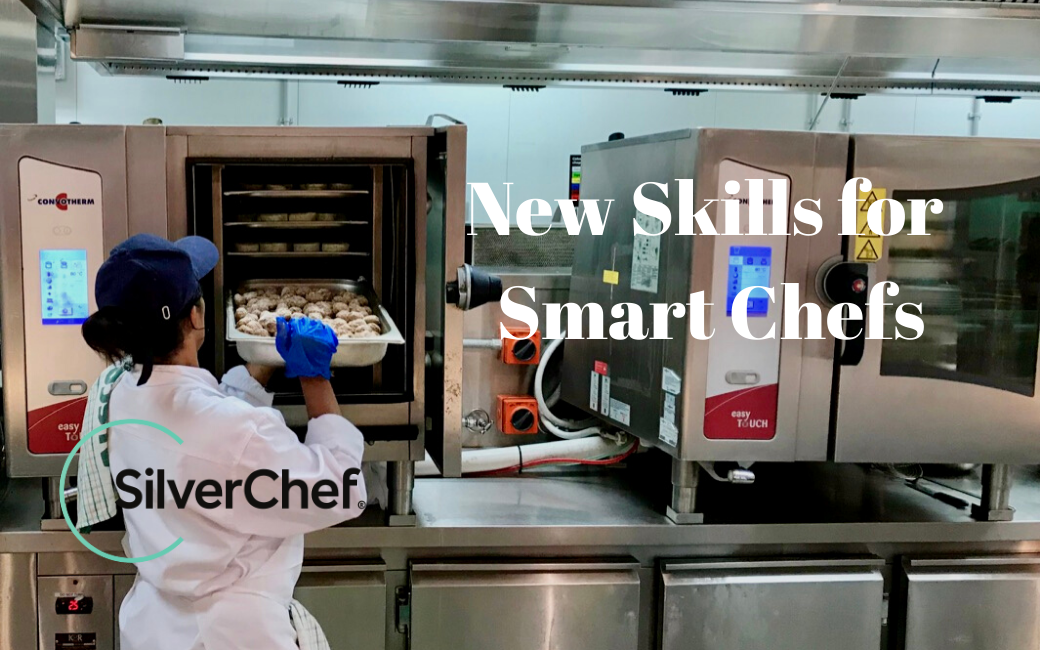Modern Skills For Smart Chefs
Jun 05, 2020

Upgrade your digital skills. You know all about mobile phone, but what about spreadsheets for costing recipes, checking menu profits and organising the stocktake? Learn how to read reports from a POS system, and be ready to take good photographs for marketing and training. Start to use online rostering, and maybe you’ll be one of the first chefs to use digital order screens in the kitchen? Learn to use the latest control systems. Combi-ovens, refrigeration, power consumption – more and more equipment can be managed remotely. They all have sophisticated electronic controls, and many are now connected to a PC or app. A lot of chefs avoid this – you can be the smart operator.
Learn how to make the case for new equipment. Management don’t like to spend money, but they will listen if you talk about how a new dishwasher system will reduce labour costs, or enable work to be done with fewer people. It could also enable you to add more profitable items to the menu eg a combi-oven that cooks perfect roast pork, or a second fryer for more snacks. Work out the hours and wage costs saved each week, or profit from the increased sales, and write down the numbers. Check the weekly cost of using SilverChef’s Rent Try Buy for a specific piece of equipment – it will definitely help your case. Certified Used equipment could be even cheaper!
Learn how a business works. How to read a Profit & Loss Statement, and what parts of it are influenced by the kitchen. If you're given a food cost budget, make sure it's explained to you, and ask for the food cost percentages to be prepared weekly.
Take a positive approach to healthy menus. Food that doesn't rely on huge amounts of sugar, fat and salt, and a ‘no problem’ approach to allergies. As the world gets fatter and less healthy, many people ask for better options.
Become a food safety expert. Food safety plans, HACCP and tighter Workplace Health & Safety rules are all part of a modern kitchen. Build up your skills with extra short courses, and learn about temperature control systems. You may even want to become a Food Safety Auditor for a future career move.
Understand how to reduce utility costs. Implement energy and water saving measures to reduce costs eg: equipment washing, use of chemicals, use of hot water, use of ventilation etc. A practical ‘green’ approach makes a big difference to the bottom line.
Learn how to talk to the boss. Sometimes called 'managing upwards'. Work out the best way to make your case with senior management when you need more equipment, staff changes, different work hours or even a raise. Make an appointment, prepare some written notes, be ready to talk about the financial side and sell the 'benefits' of your request.



